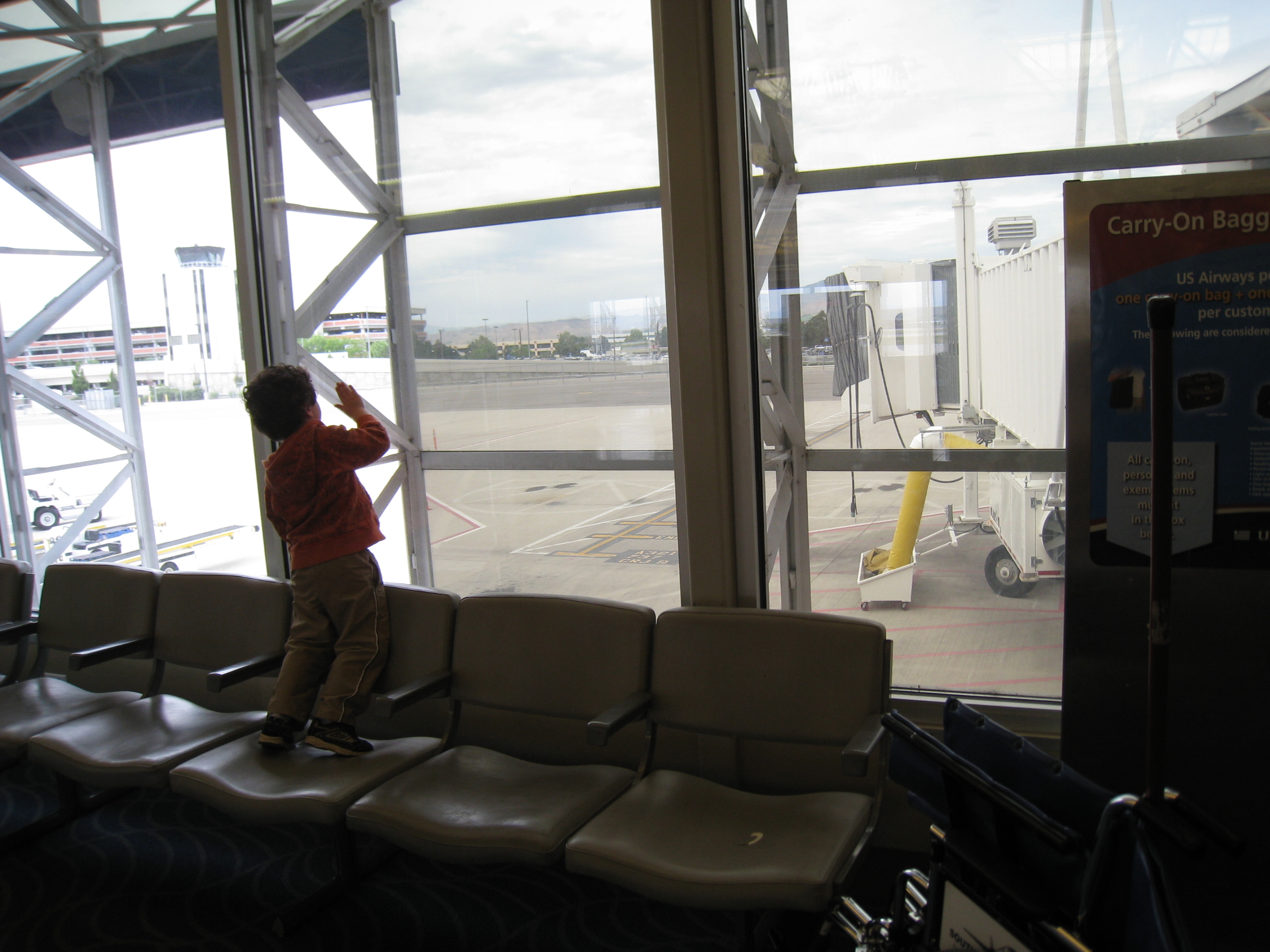Disclosure: In any review for a product or service, products or compensation may have been provided to me to help facilitate my review. All opinions are my own and honest. I am disclosing this in accordance with FTC Guidelines. Please see “Disclose” and "Terms of Use" tabs for more information.
 When you’re on a trip, sampling local cuisine and indulging in tasty favorites can make for
When you’re on a trip, sampling local cuisine and indulging in tasty favorites can make for
memorable experiences. However, today’s delicious lunch or a goody from the gourmet food
truck may send you on a detour to feeling sick. Here are some tips to prevent food borne illness
when traveling.
Food borne illness can bring you low with vomiting, flu-type symptoms or even diarrhea. You
may not notice you’ve been affected until hours or days after you’ve tasted the affected food or
beverage, according to the FDA’s Food Safety Tips for Healthy Holidays. Before you take the
first bite of your journey, there are several things to check at a new restaurant or other food
establishment.
Cleanliness Can Stop Contamination
Does the food preparation area look clean? Although some kitchens will be off limits to
customers, a brief glimpse can tell you if an area is disorderly or if the staff has difficulty
controlling the garbage. The World Health Organization’s Prevention of Food Borne Disease:
Five Keys to Safer Food also advises food preparers to keep raw and cooked food separate. This
can prevent the spread of contaminants to your plate.
When your food arrives, take a second to check the temperature. Food safety temperature matters. If a hamburger or chicken dish seems cold, send it back. Undercooked meat or food that hasn’t been properly prepared isn’t worth the risk of food poisoning. At buffets, pass up potato salad, eggs or other items if they aren’t kept at the correct temperature.
Regarding international travel, you can benefit from a little research before your departure. For
instance, a lot of us are familiar with the raw fish in sushi. However, if you’ve never enjoyed
ceviche before, you might not be aware this tasty dish includes uncooked seafood as well. Check
out menus and preparation techniques before you visit new restaurants. If you’re unsure about
the local water source, request bottled water and avoid ice cubes.
On the road, you may be tempted to pick up hot and cold food at locations like gas stations,
convenience stores and roadside stands. Check the expiration dates of sandwiches and other
food. Bypass fruit and vegetables that look or smell off. Also, note the cleanliness of the location
and employees. If you see crumbs and stains, insects and other pests might be lurking around the
food.
Pack Your Food Well for Road Trips
If you schedule a picnic or intend to tailgate, include a cooler and ice or ice packs. This way,
your deviled eggs, dips and other cold items will stay at a safe temperature. Don’t allow your hot
food items to stay out too long, either. Bacteria can overwhelm your famous chicken casserole or
platter of ribs before you realize it.
* When grilling, the tongs and plates you used for raw meat should be set aside for clean serving
items.
* Any food thermometer you use should be cleaned before you reuse it, says the USDA’s
Cleanliness Prevents Food Borne Illness.
* Be generous with the hand sanitizer or wet wipes, especially for children.
Produce such as spinach and cantaloupe and household staples like peanut butter have been
affected by E. coli and salmonella outbreaks in recent times. Make note of food recalls
mentioned in the media or check in with your local health department before leaving home. This
way, you can make alternate selections when you dine.
As you can see, it won’t cost you much time to prevent food borne illness when traveling. When
in doubt, ask your servers or staff about questionable food and beverage items, particularly those
that are unfamiliar to you. This momentary pause before dining can spare you and your family
hours or days of sickness.
















One I learned is (regarding “street food”) only eat where all the locals are going. The vendor with no lines has no lines for a reason.
Great tips. Food poisoning is not fun.
Samantha,
Some definite great tips for any parent! I enjoy grilling (year round actually) and I am always surprised at the number of people that use the same tongs for serving or “wipe” off the plate and use it. I always thought it was a “no brainer” to use clean tongs and plate because of cross contamination….what do I know though???? lol
Aaron
I take probiotics every day to help with stomach issues. It is hard to stay healthy when traveling!
This was a good article. We have to be so careful because my toddler is always picking up germs.
Not something that we all think of as we pack up and head out….good ideas to keep in mind for sure!